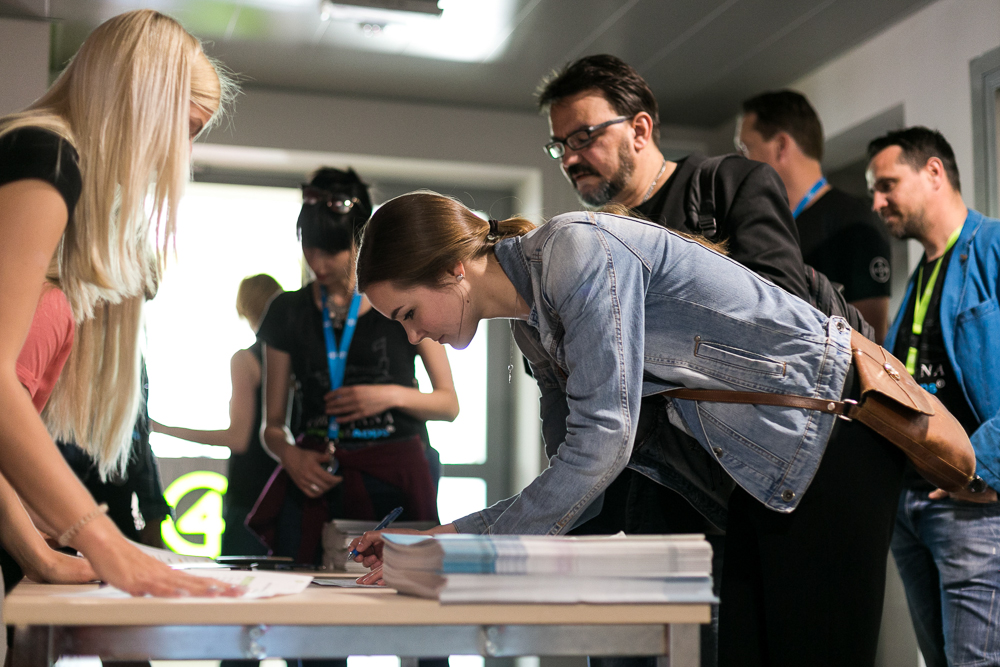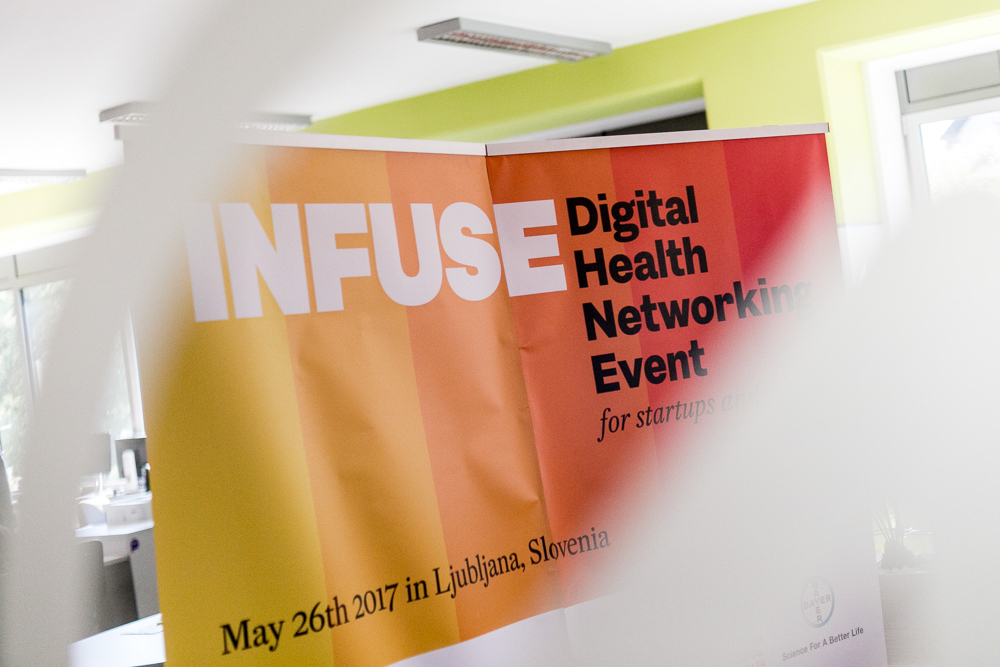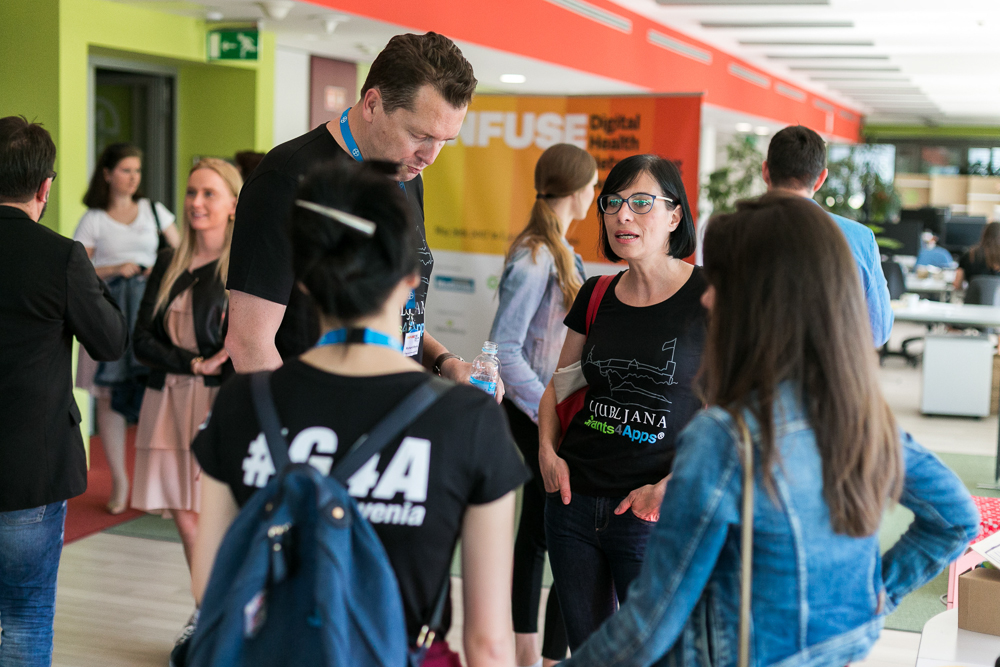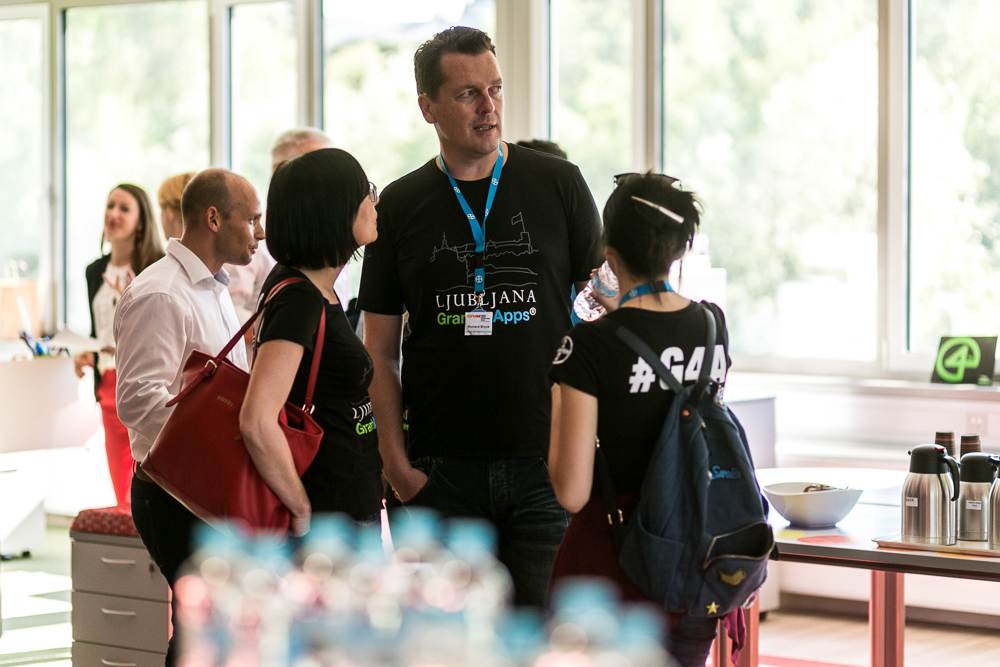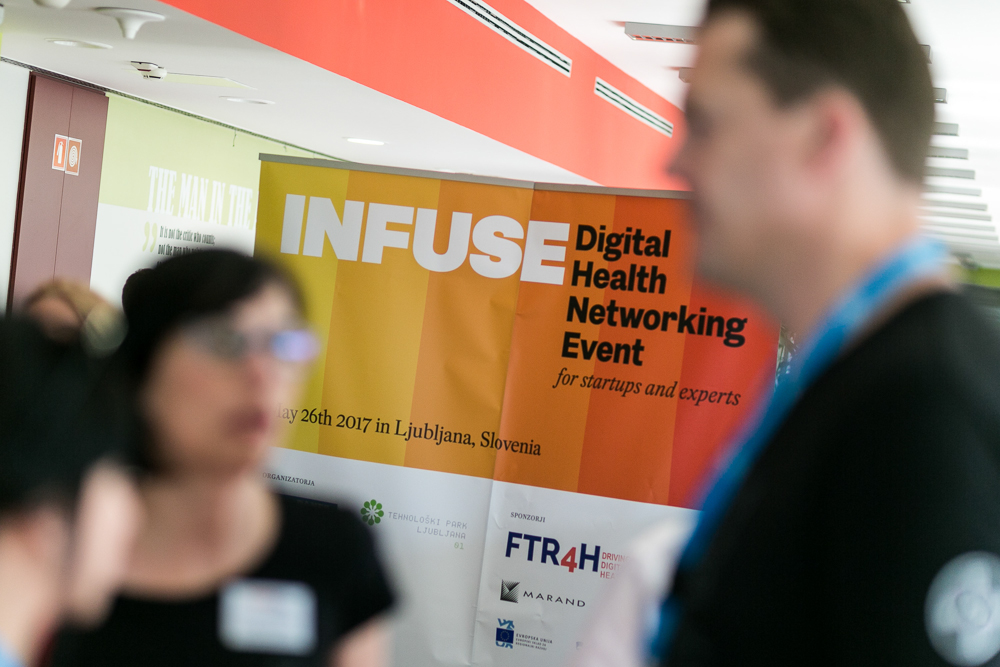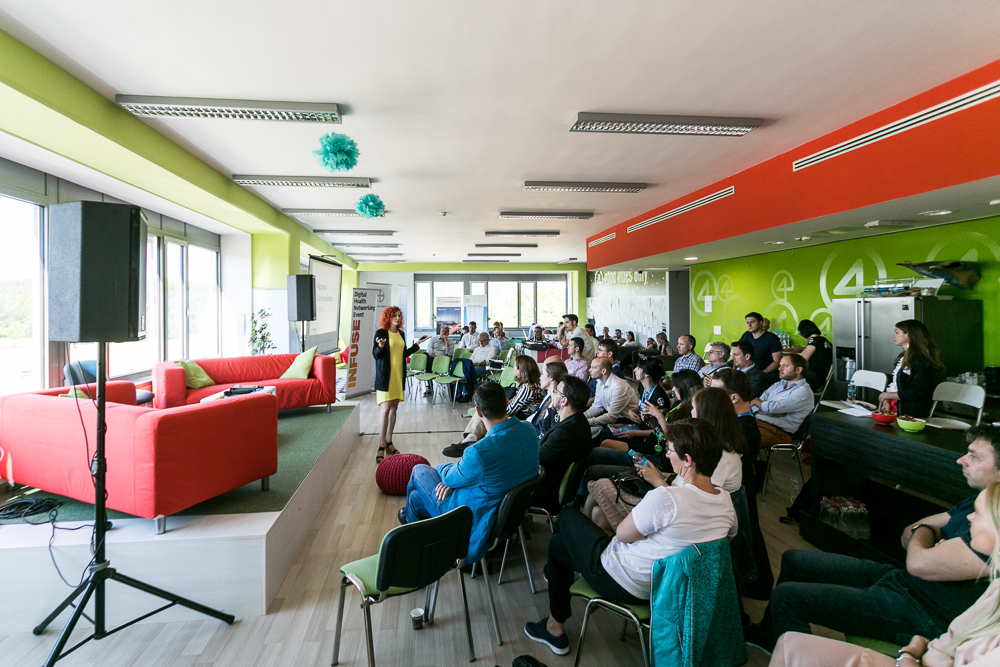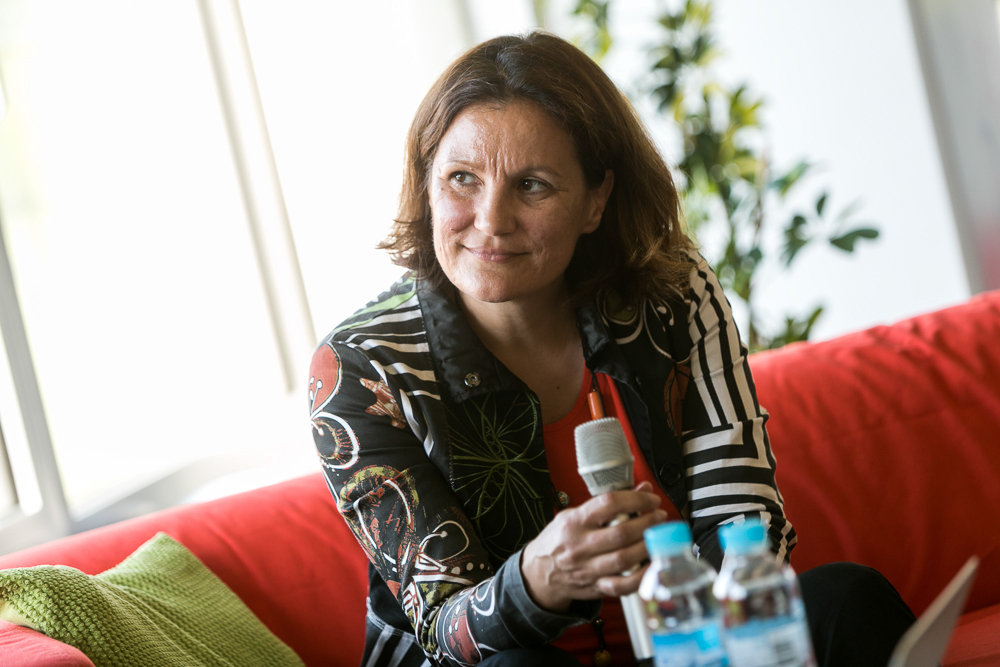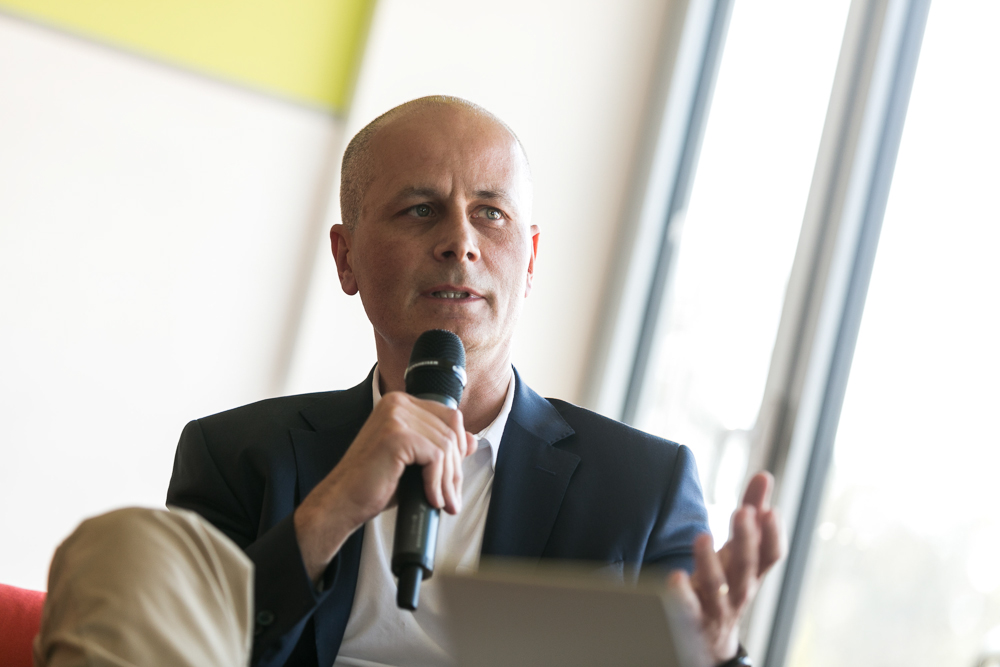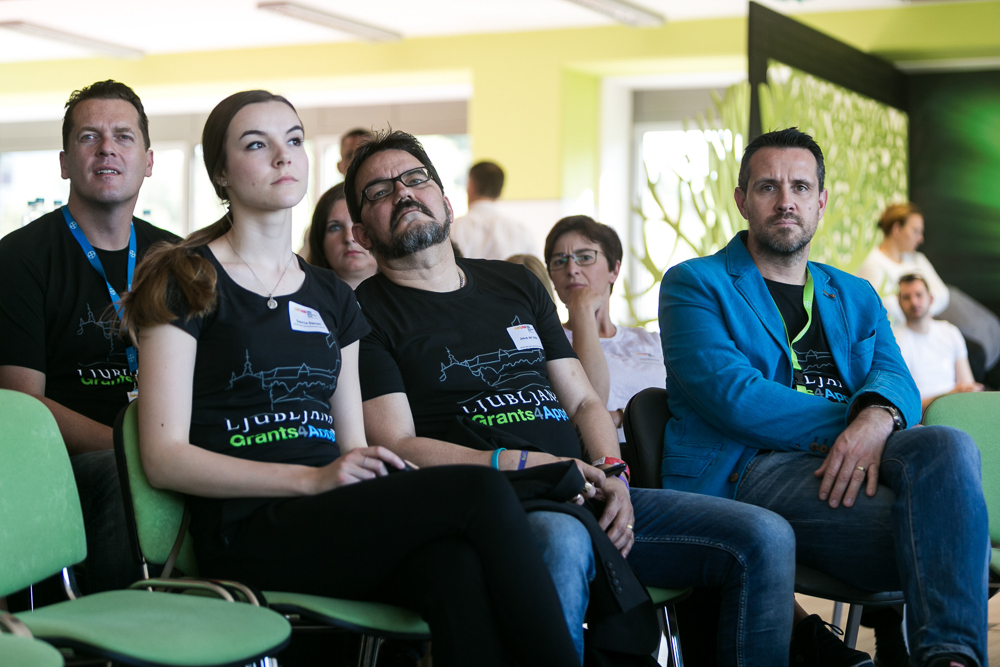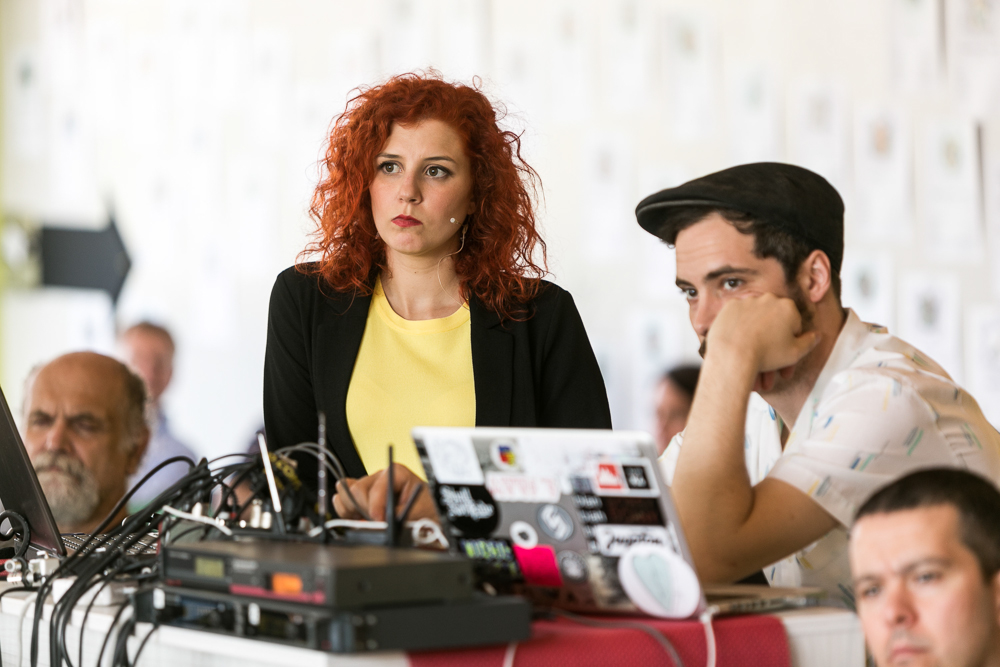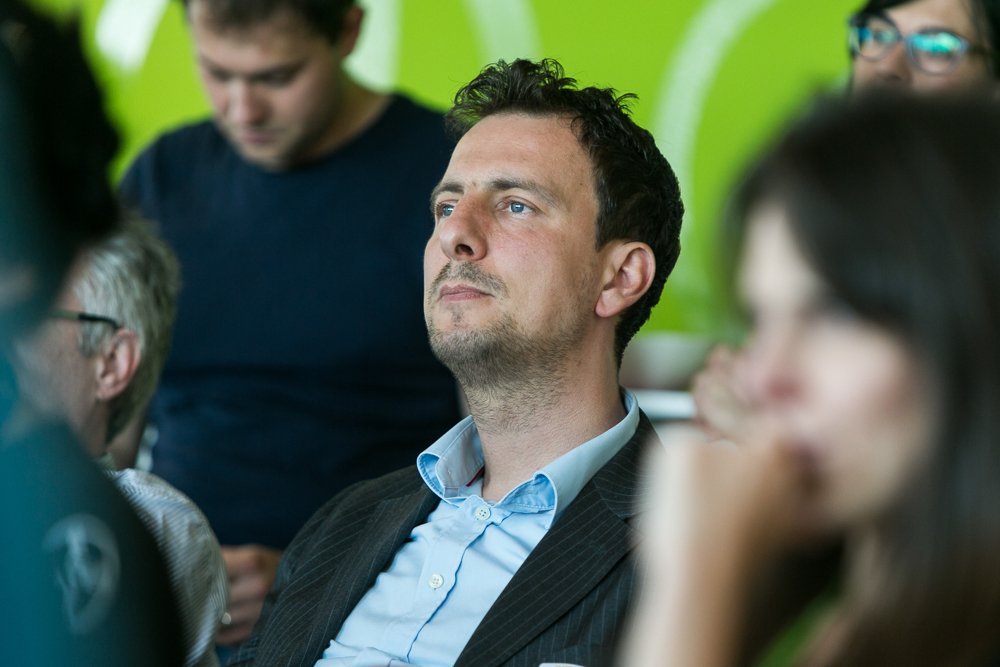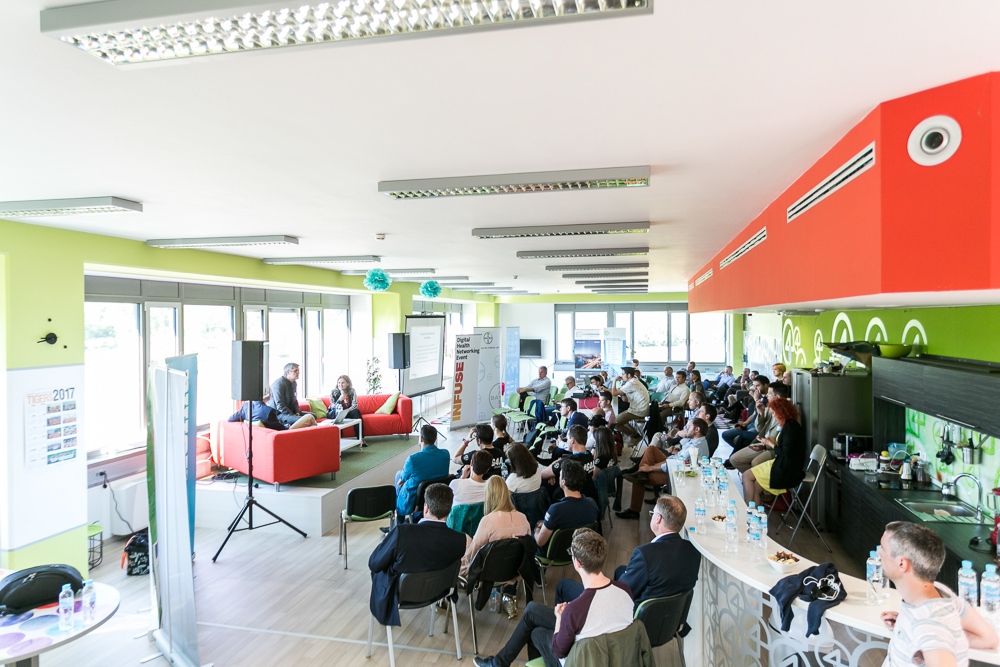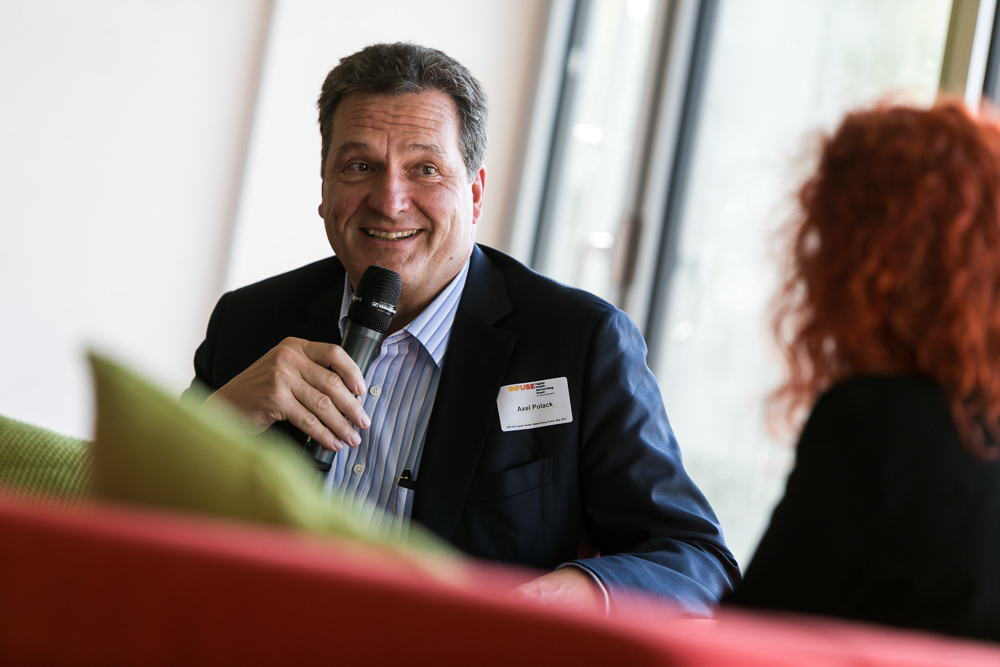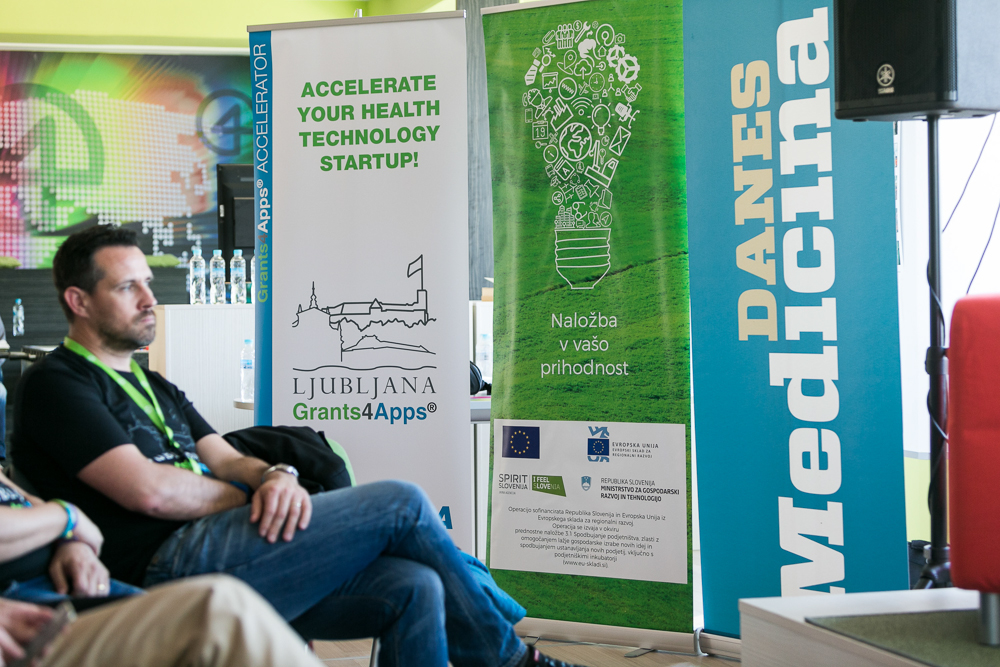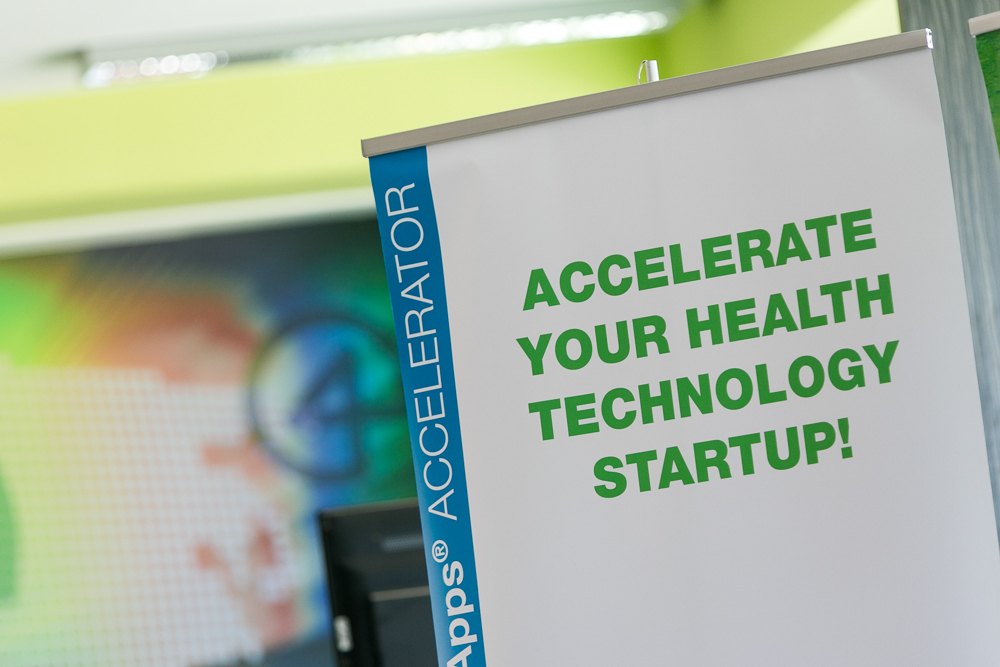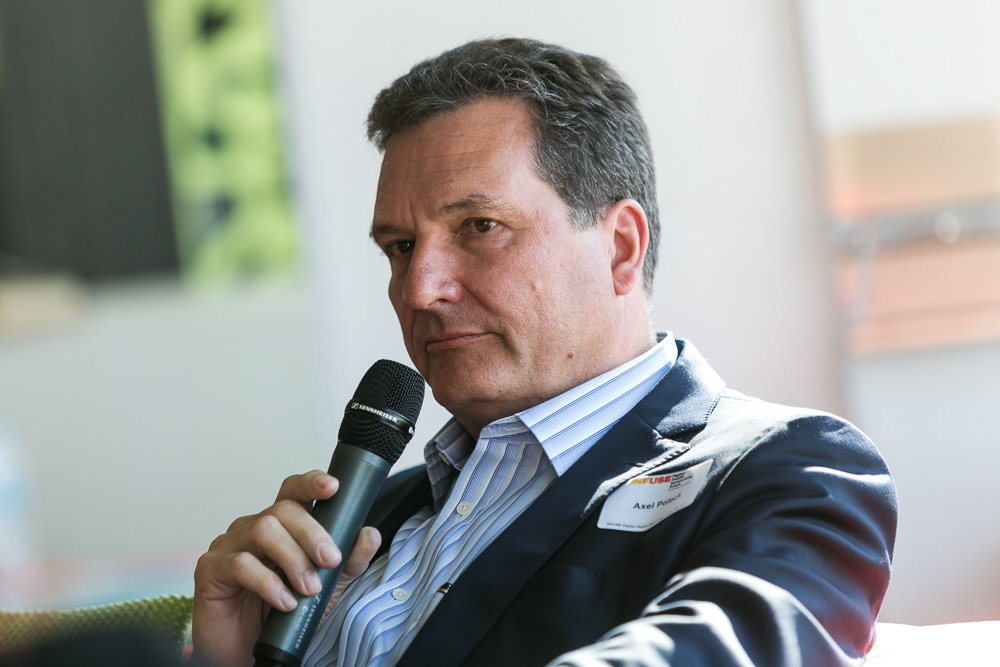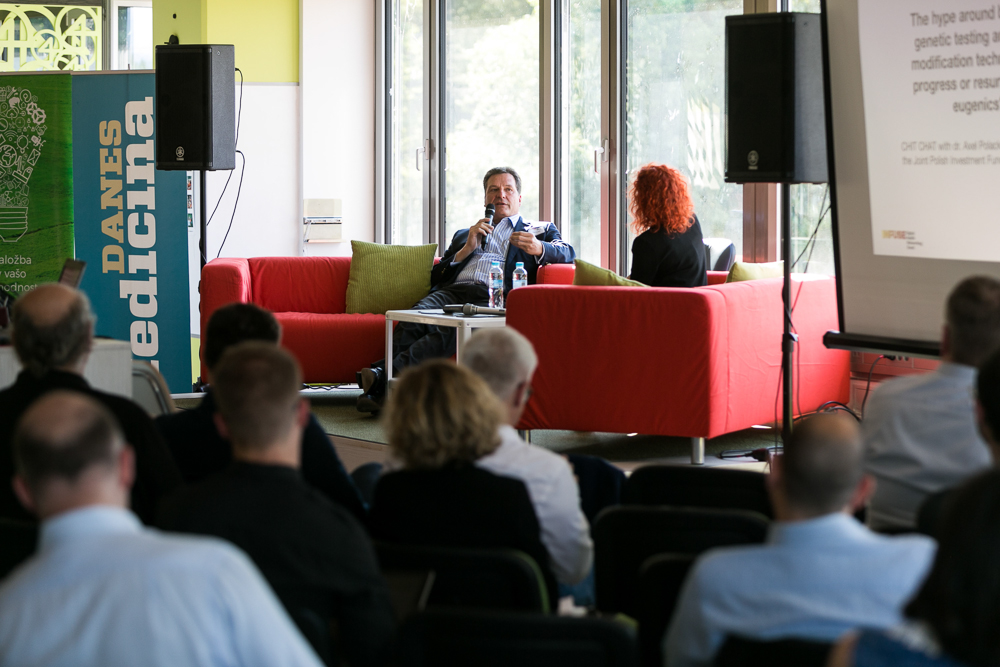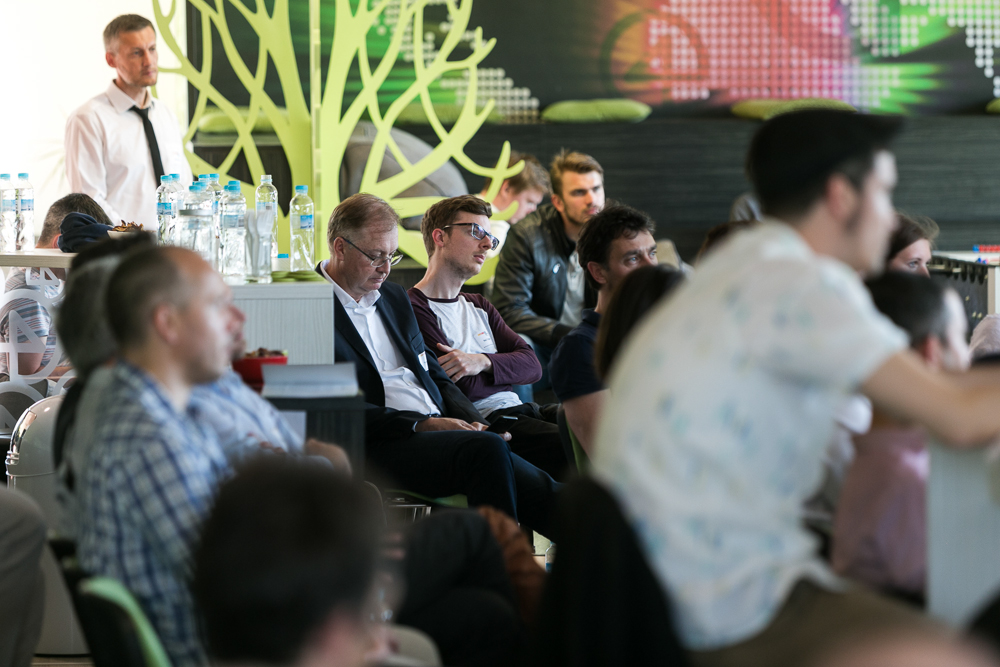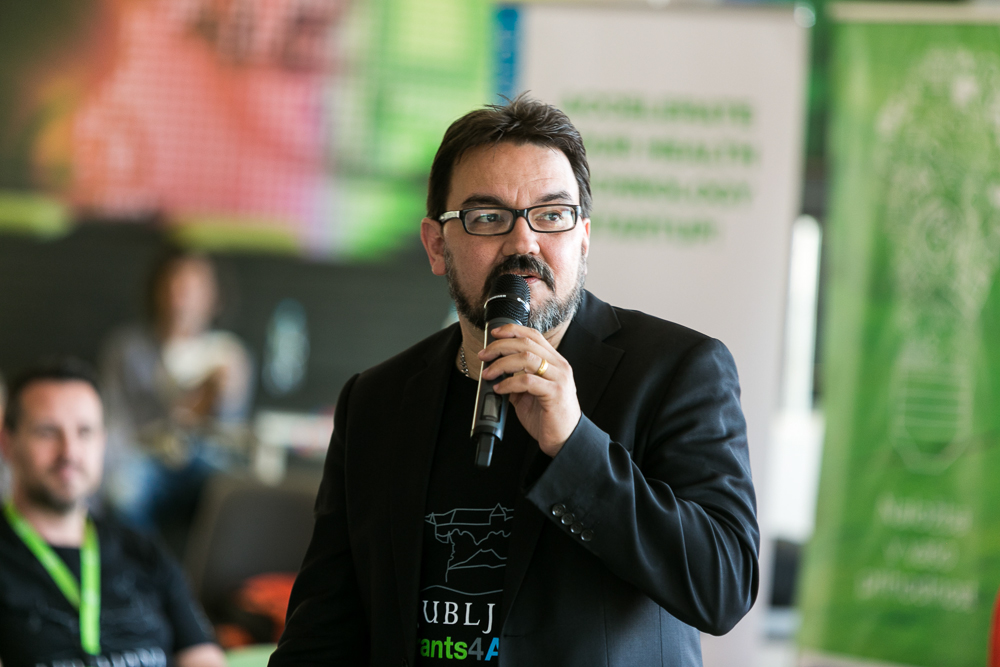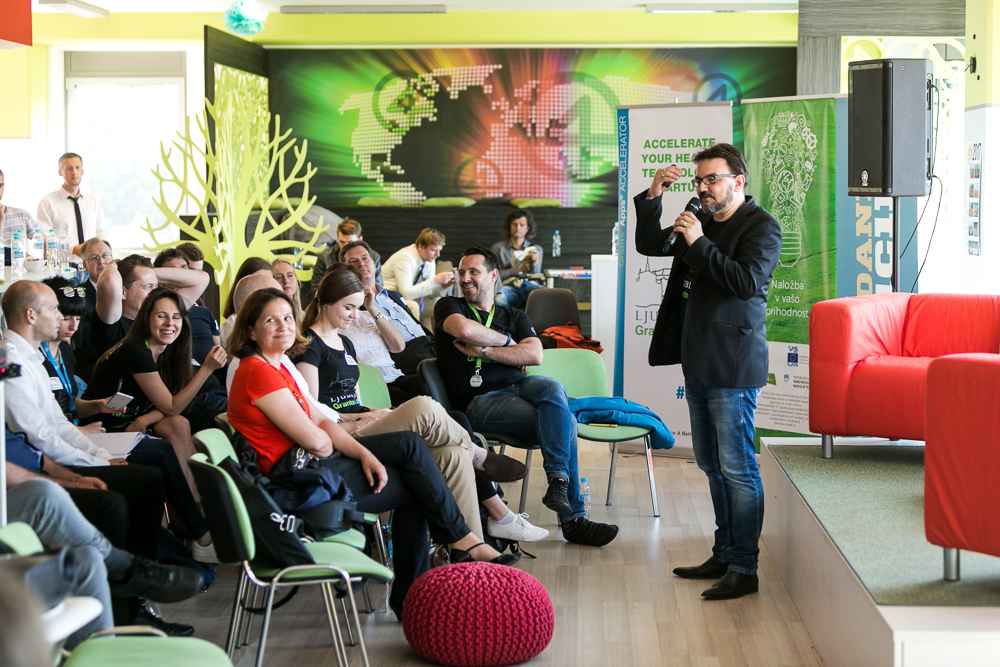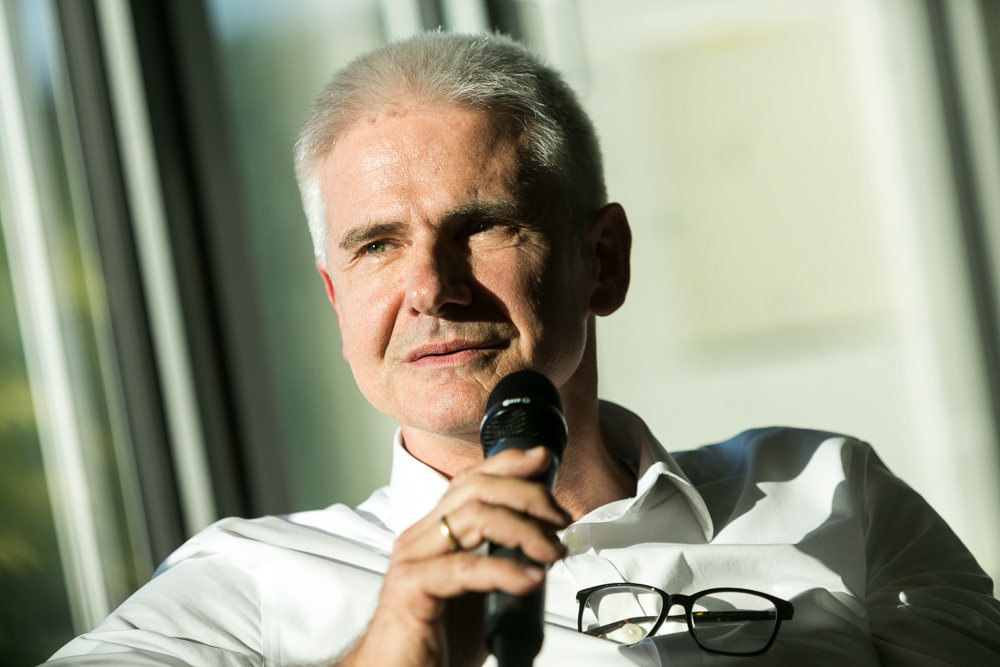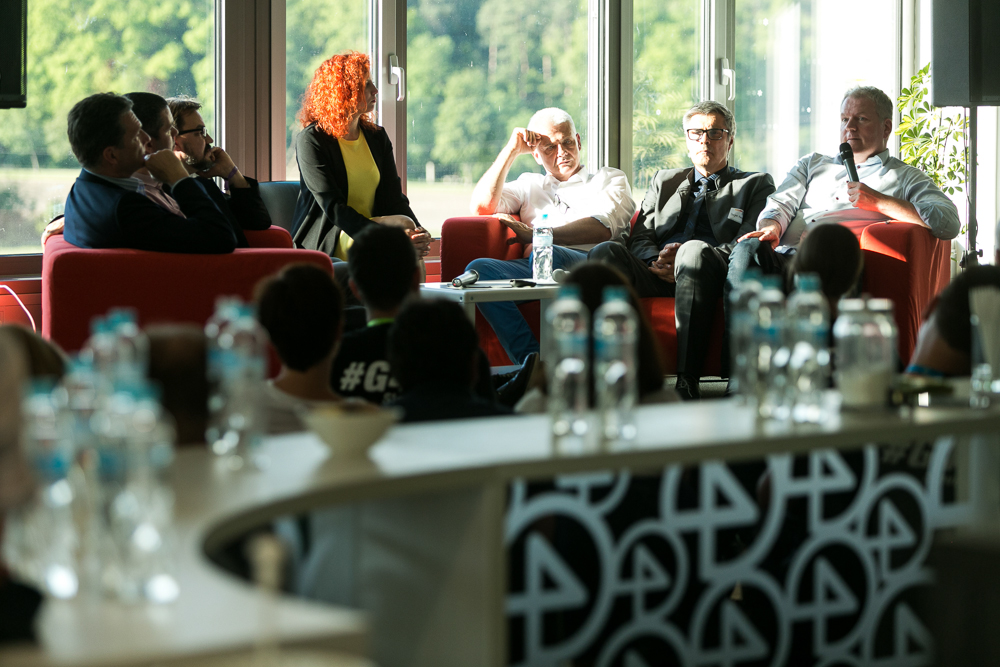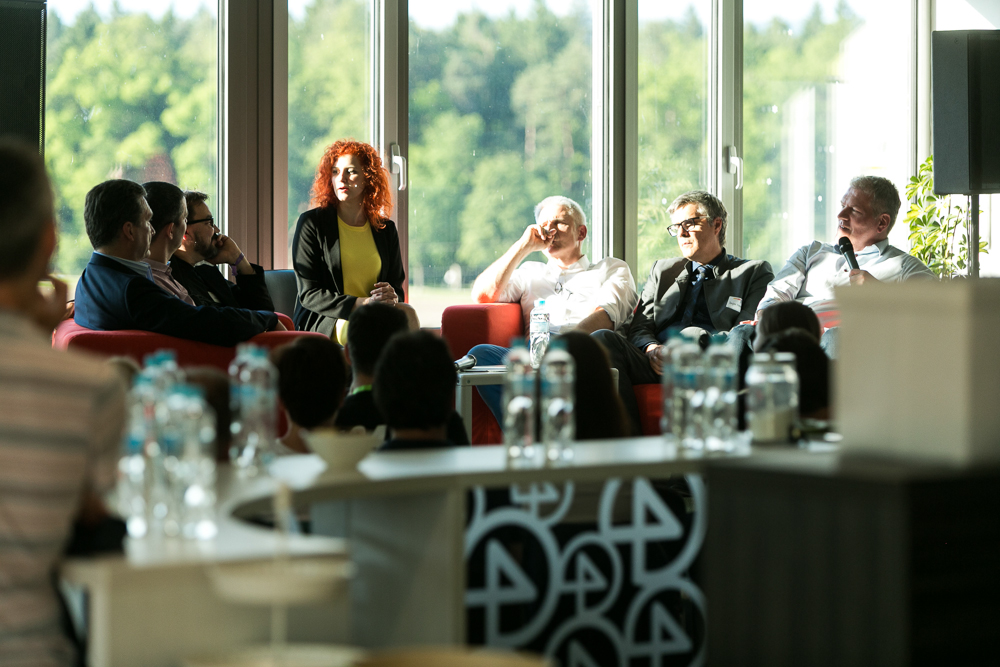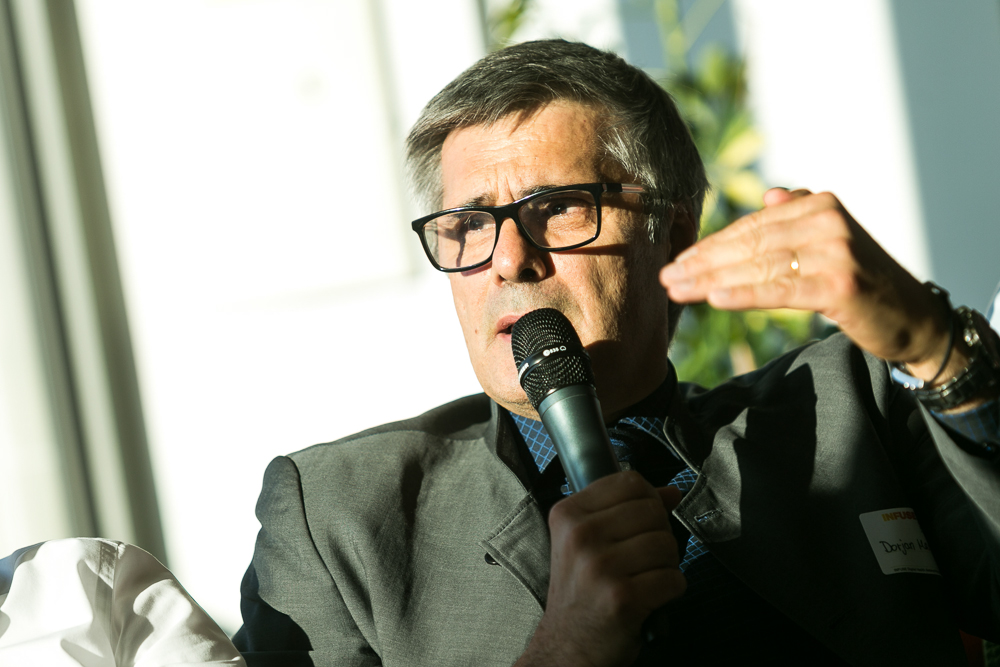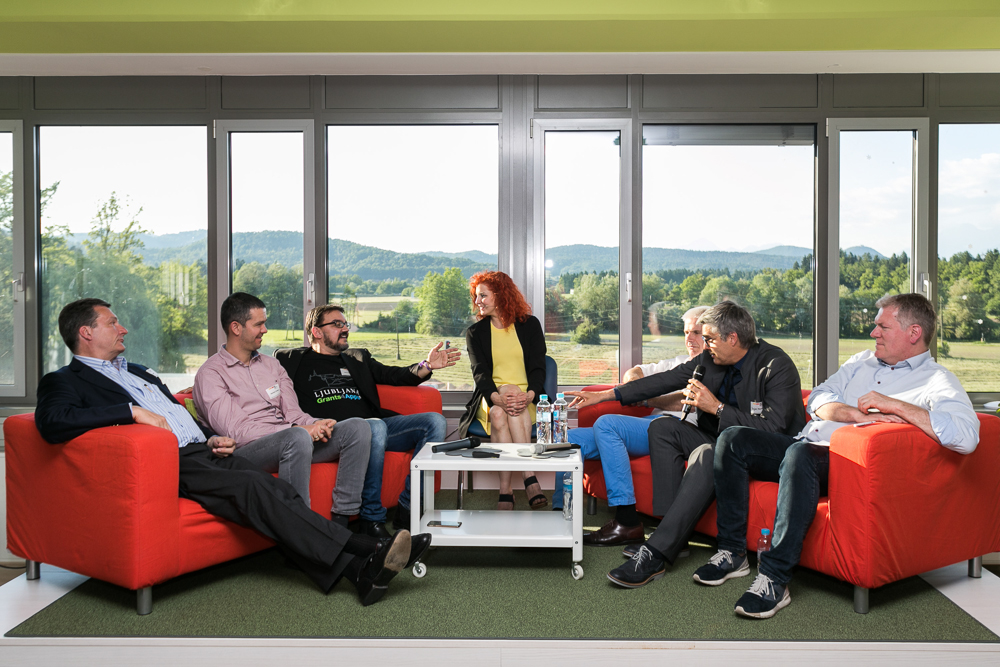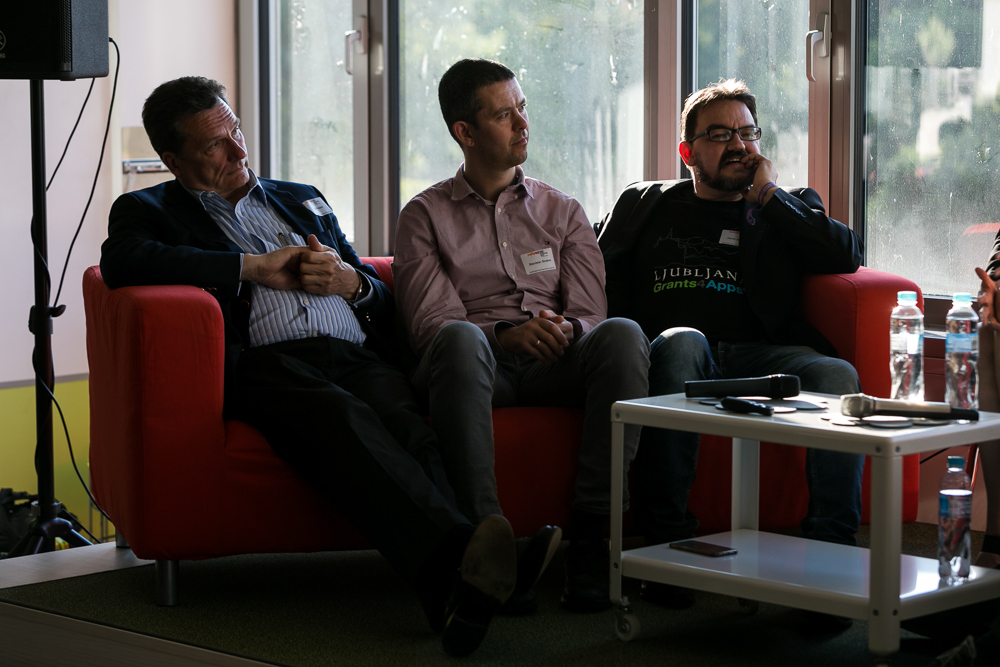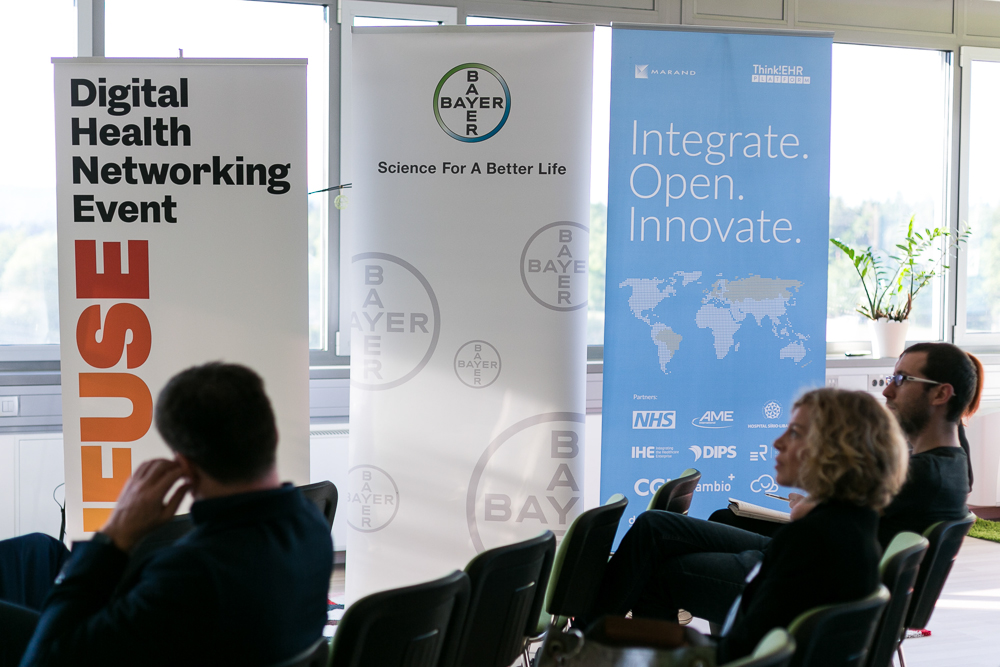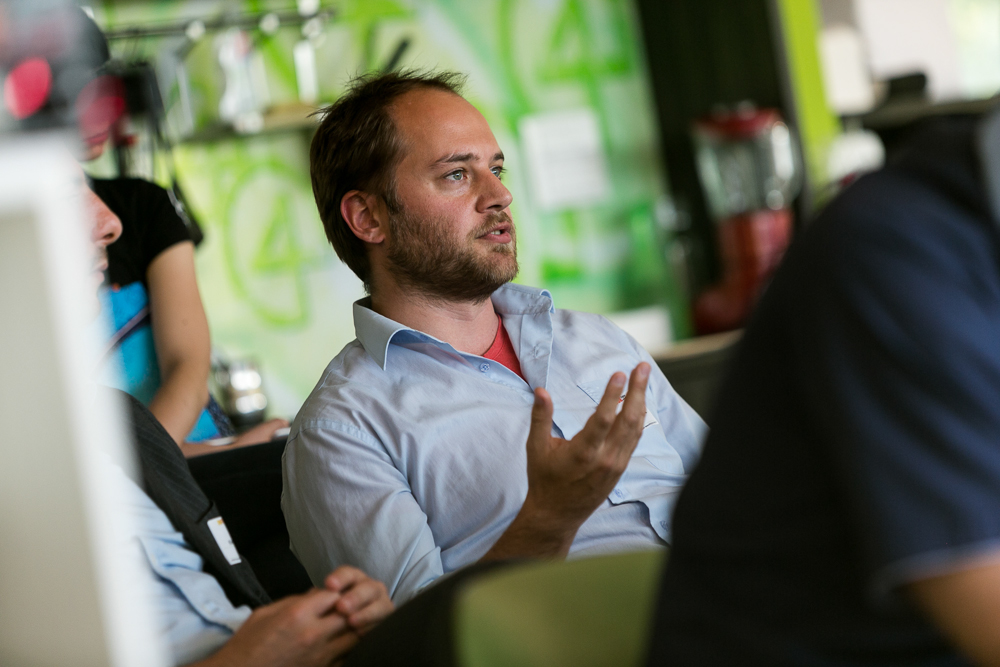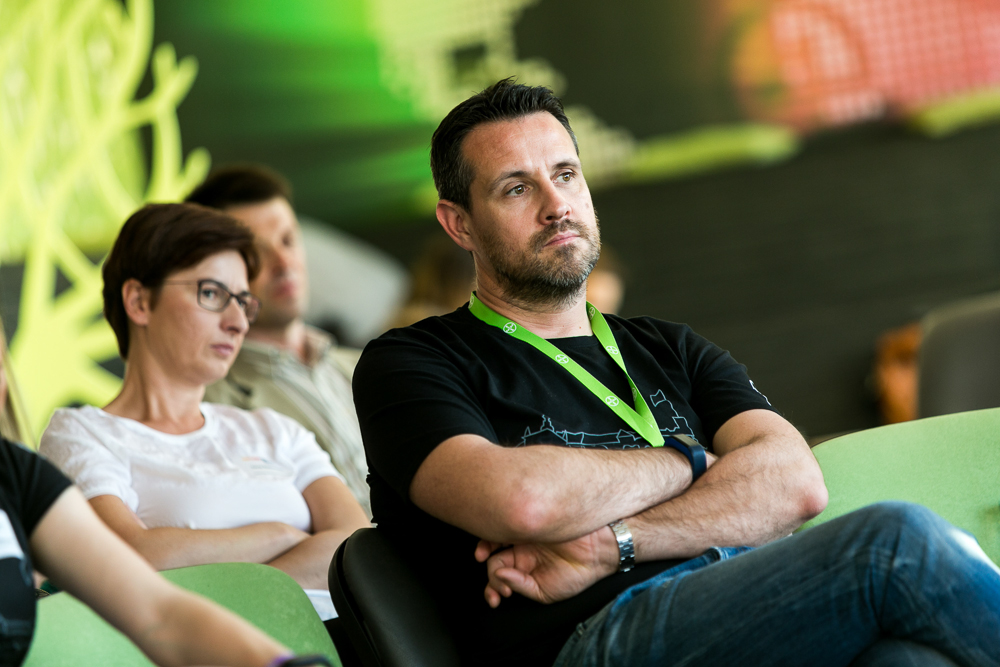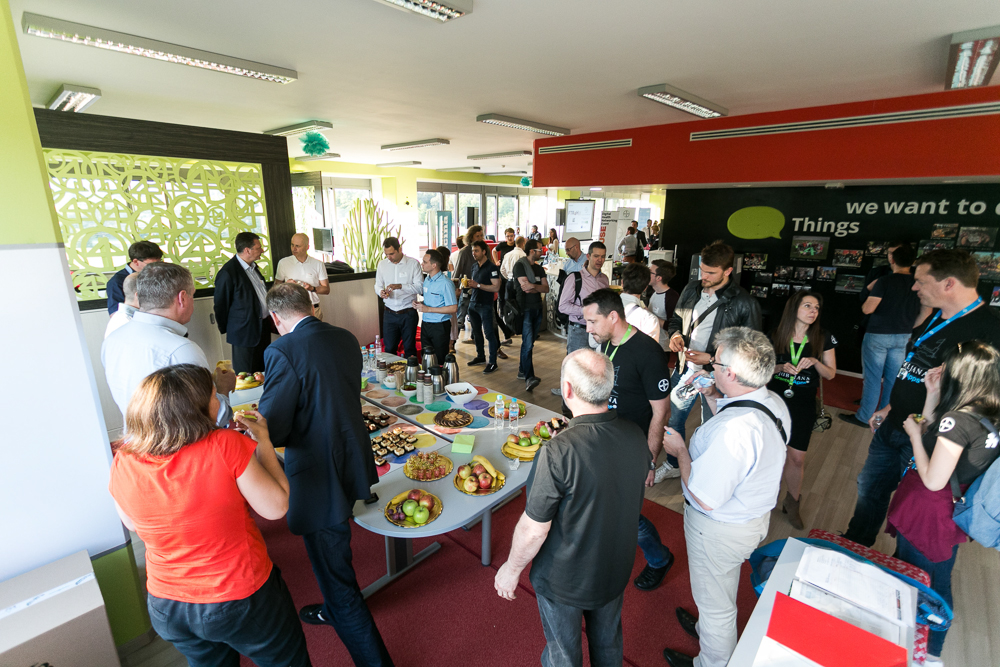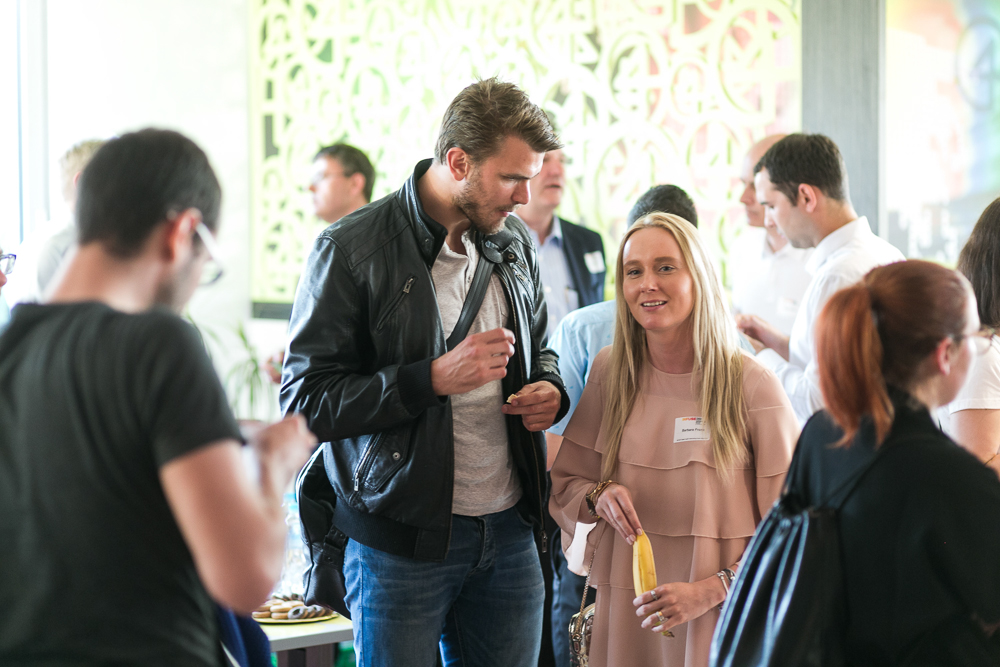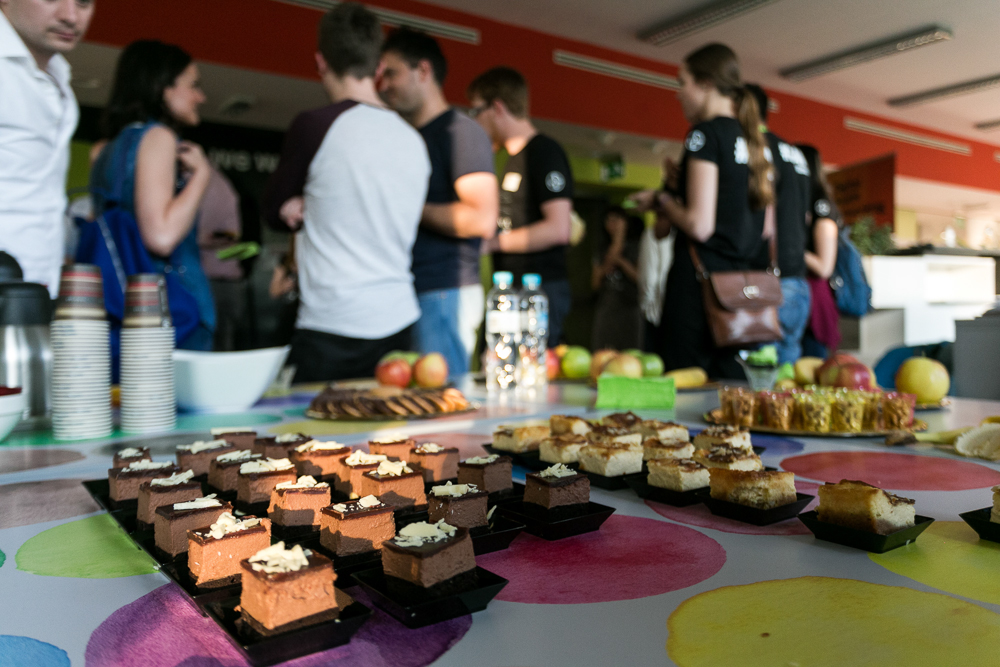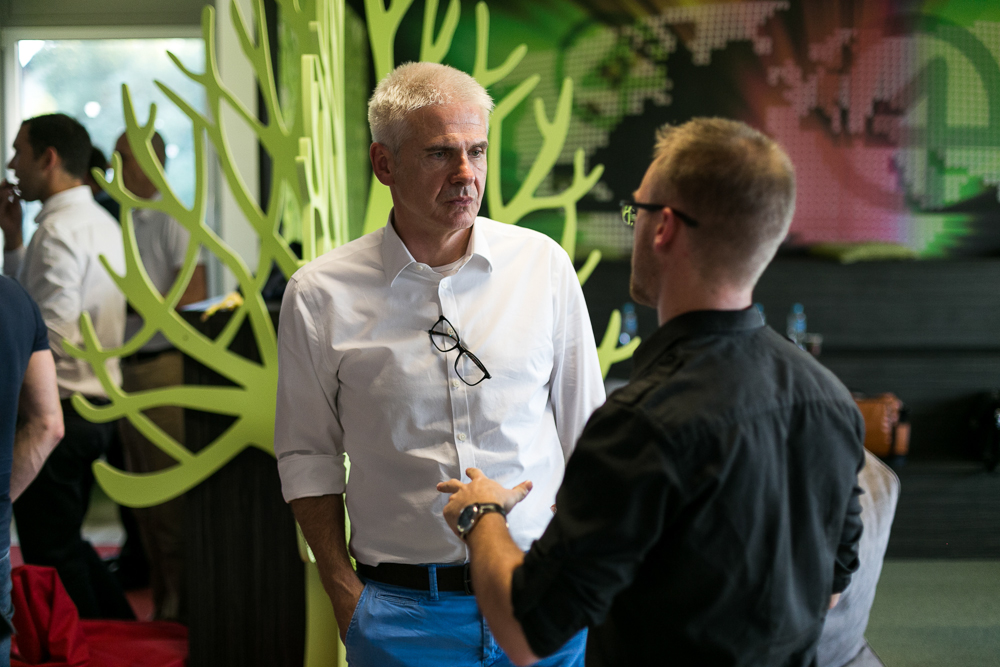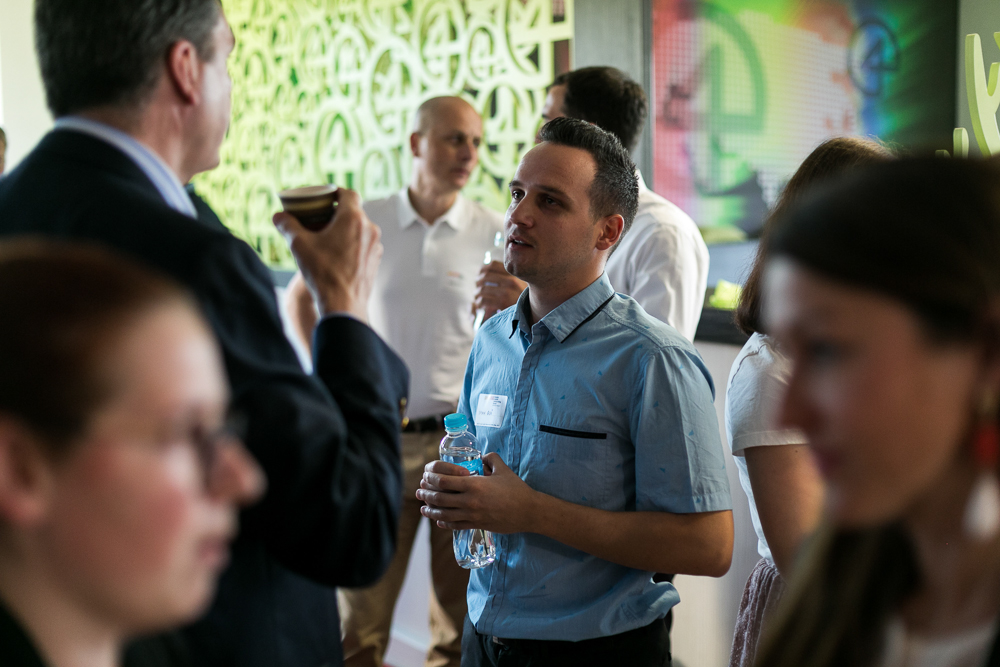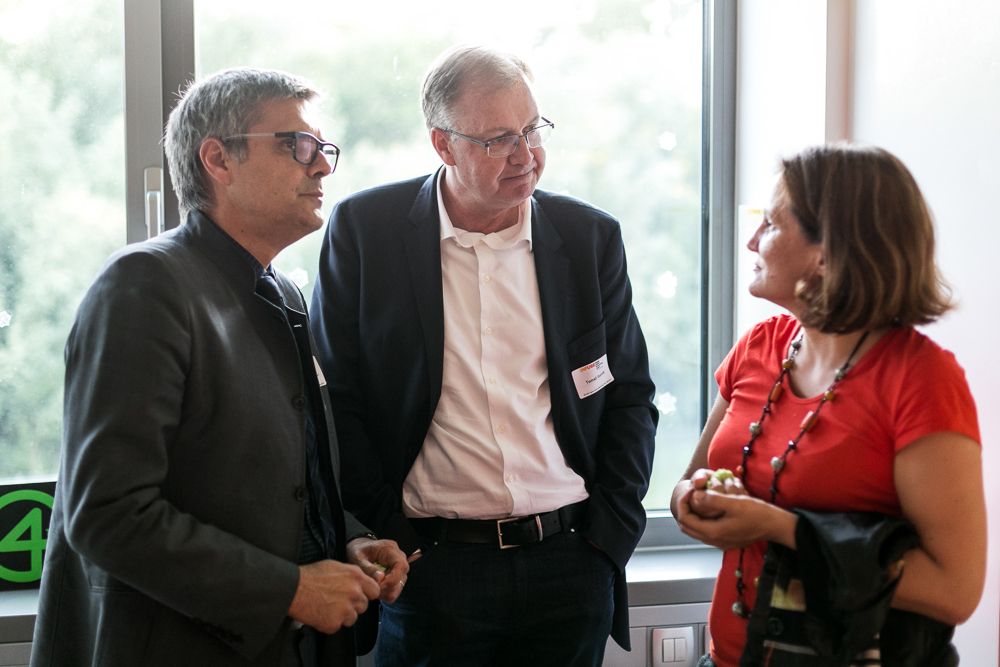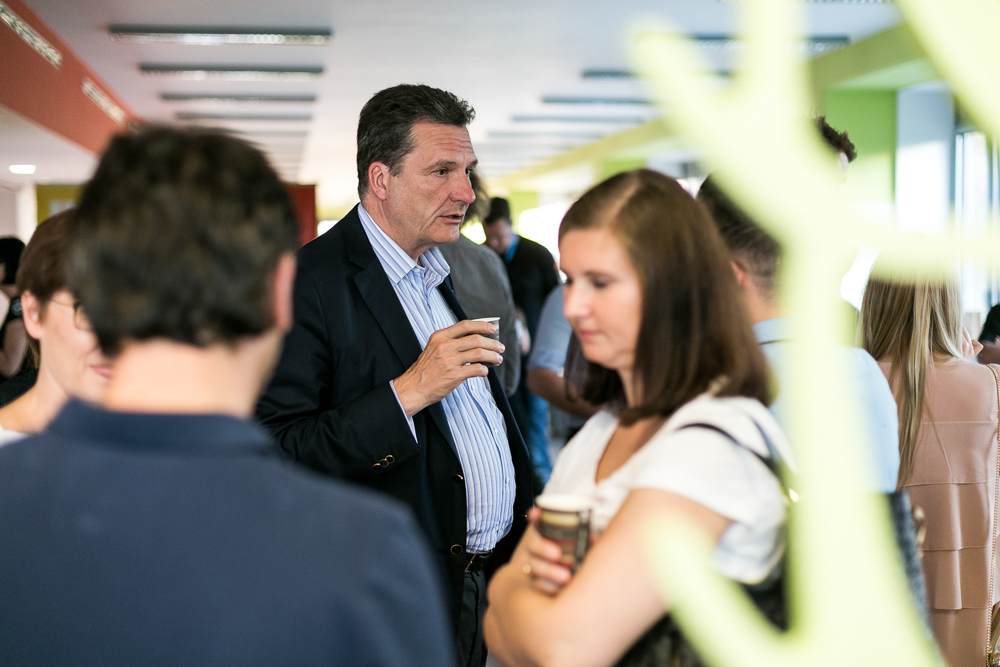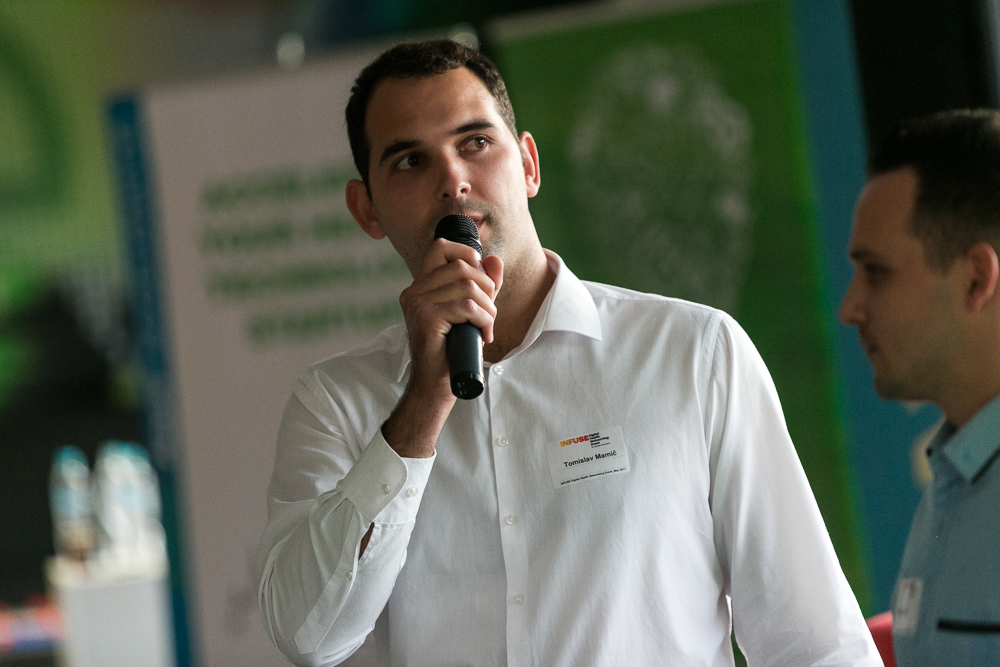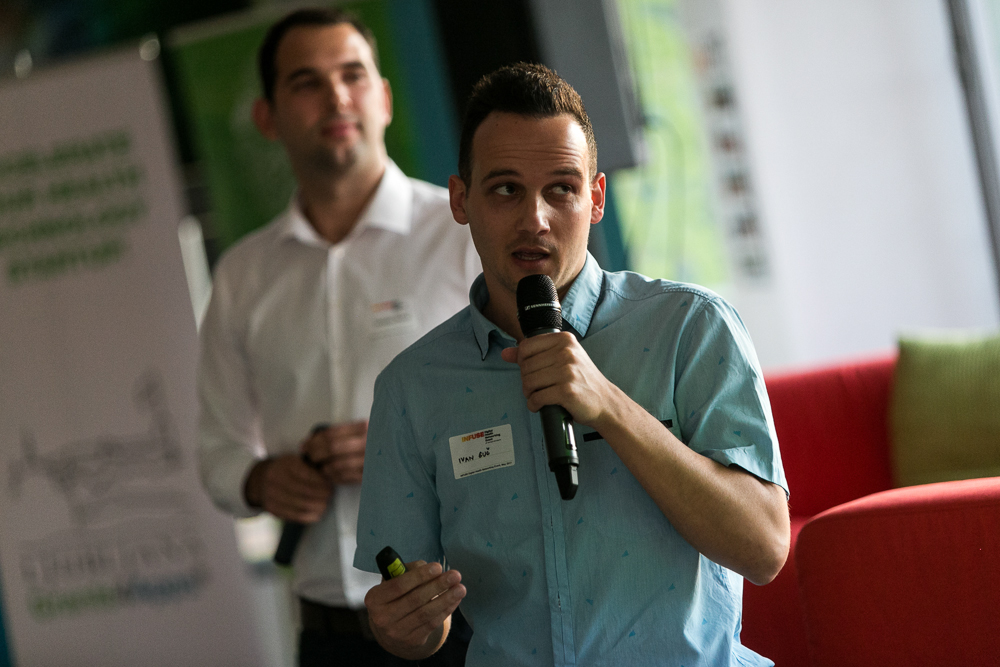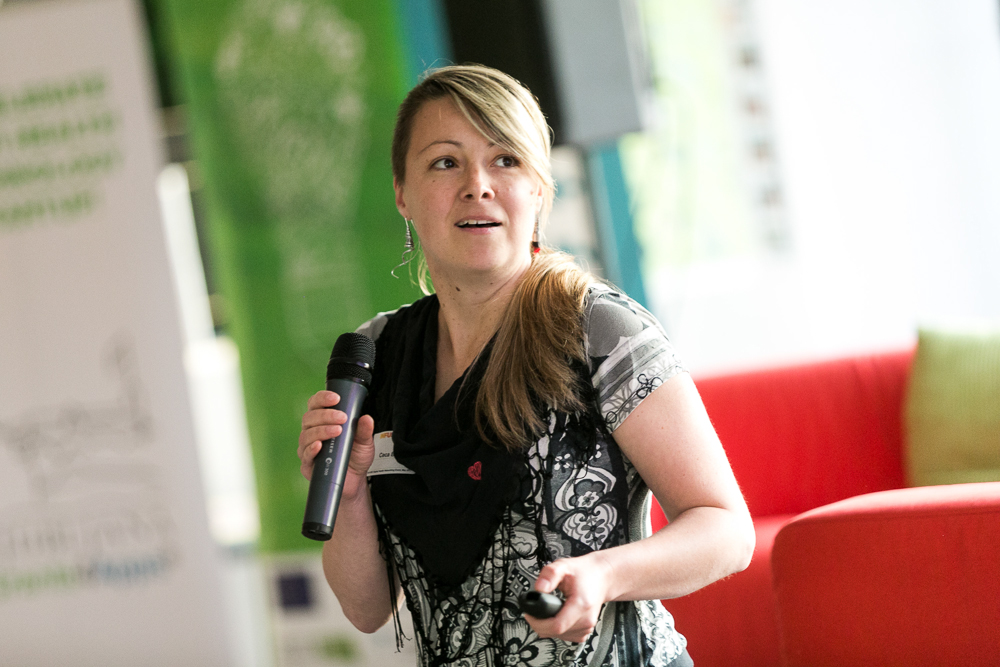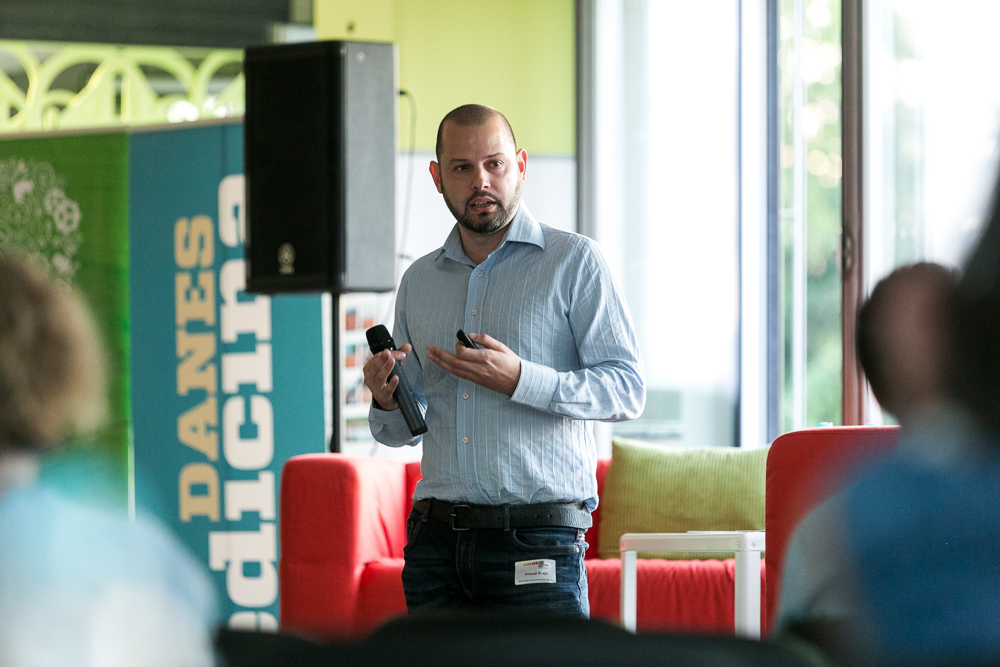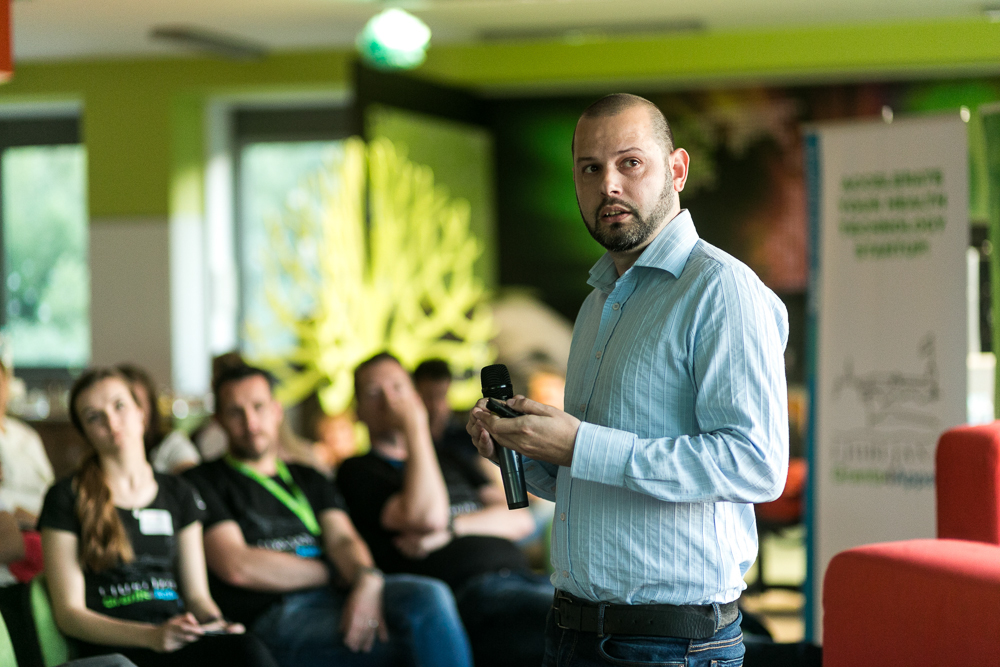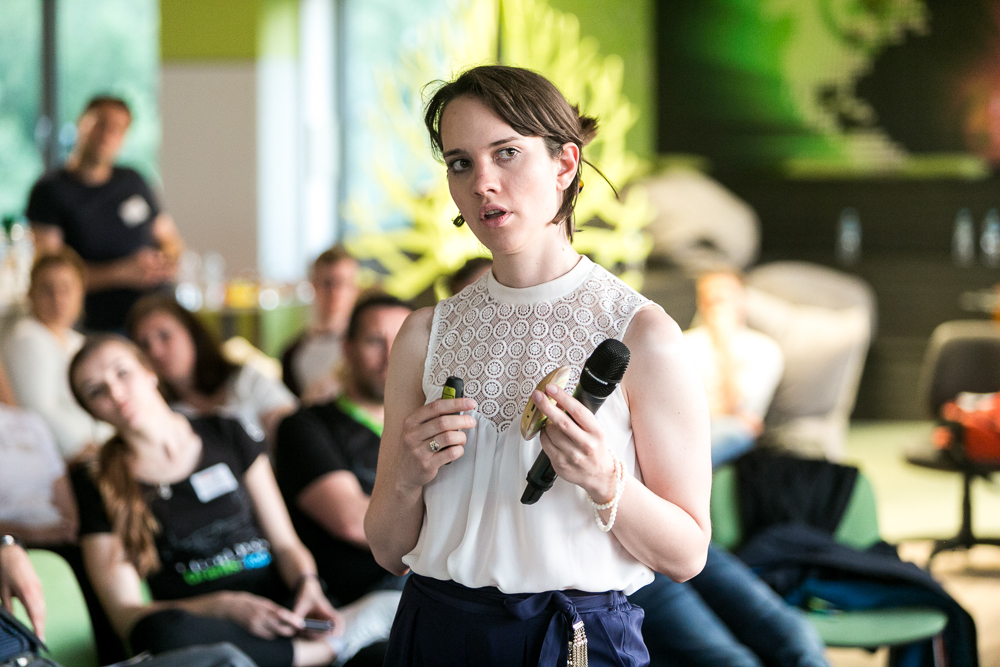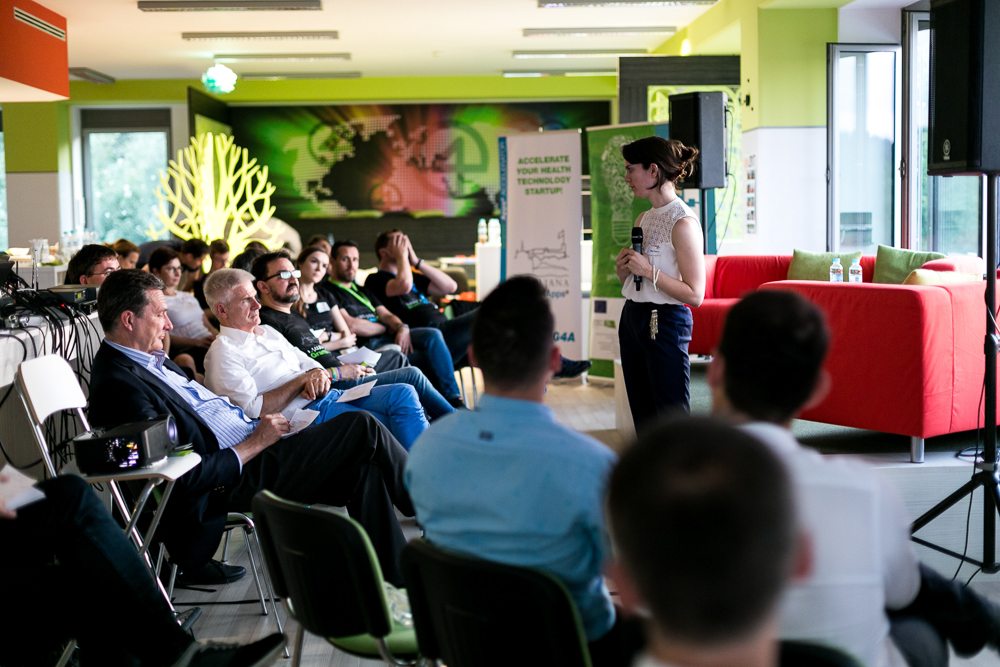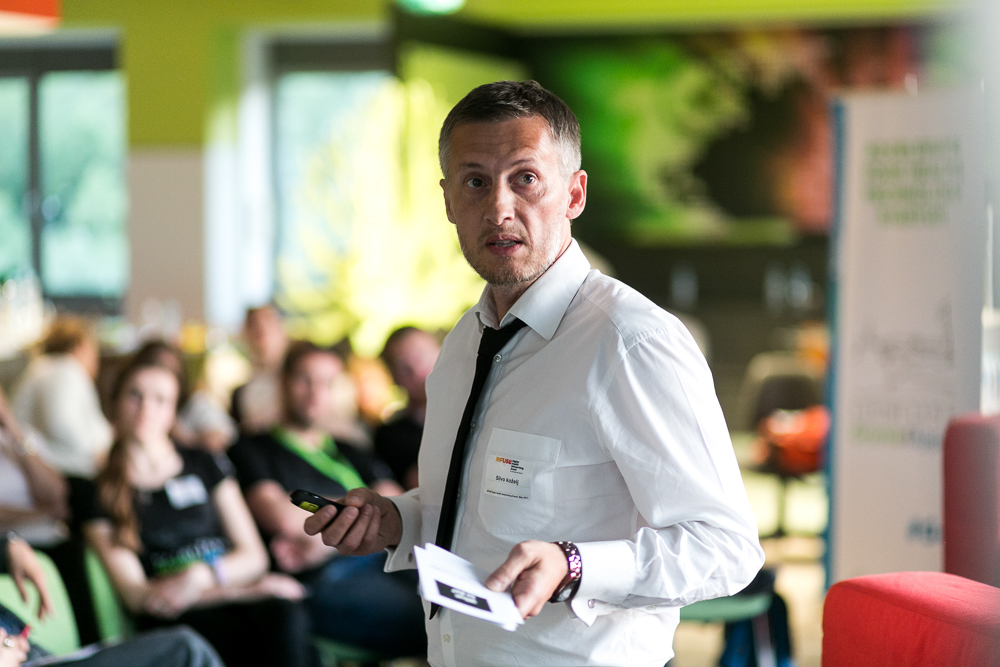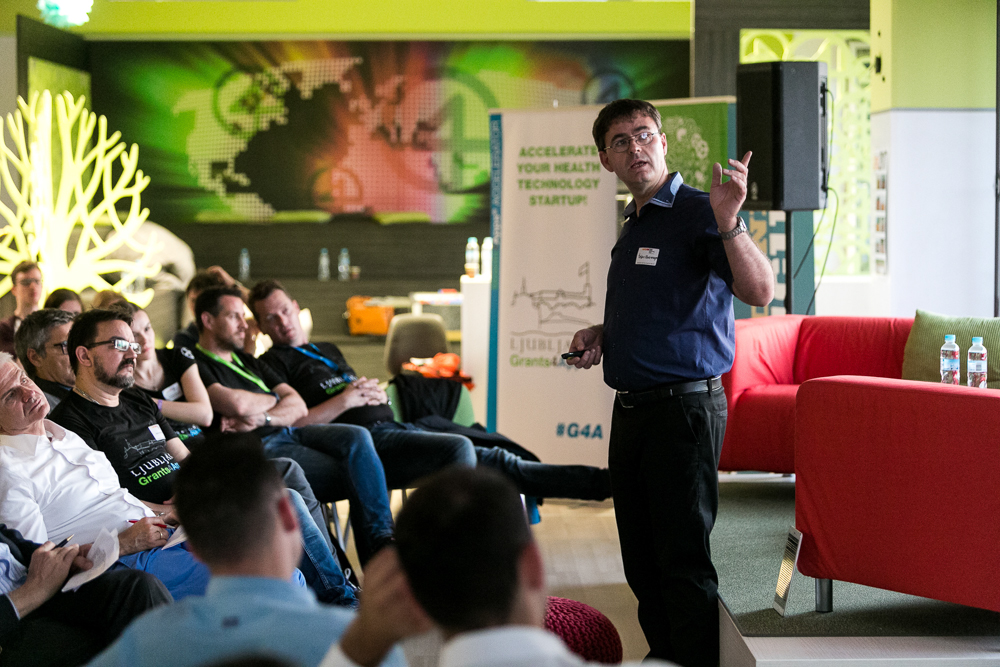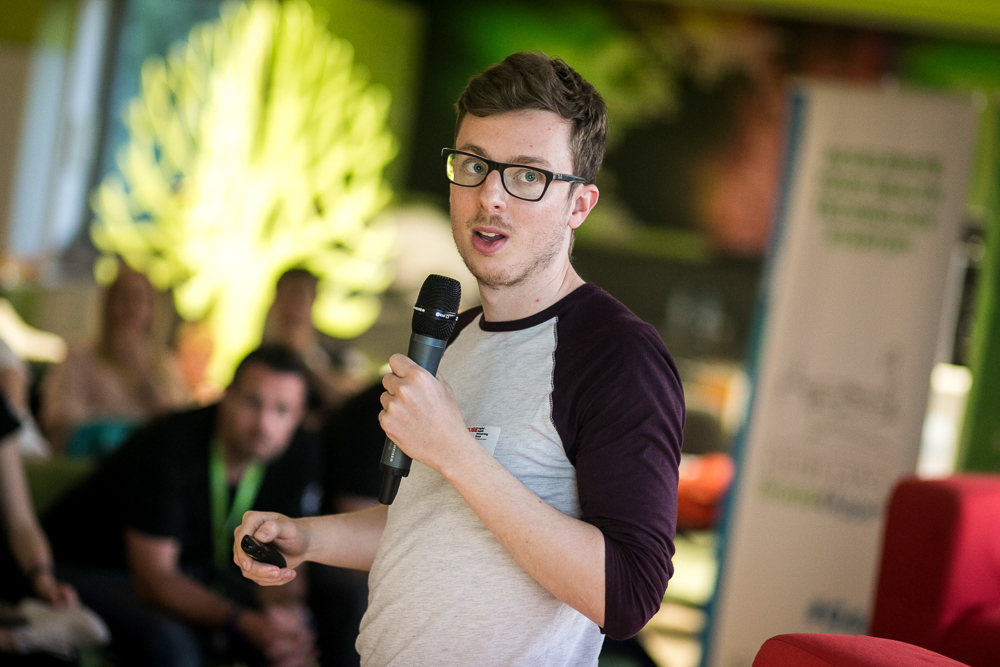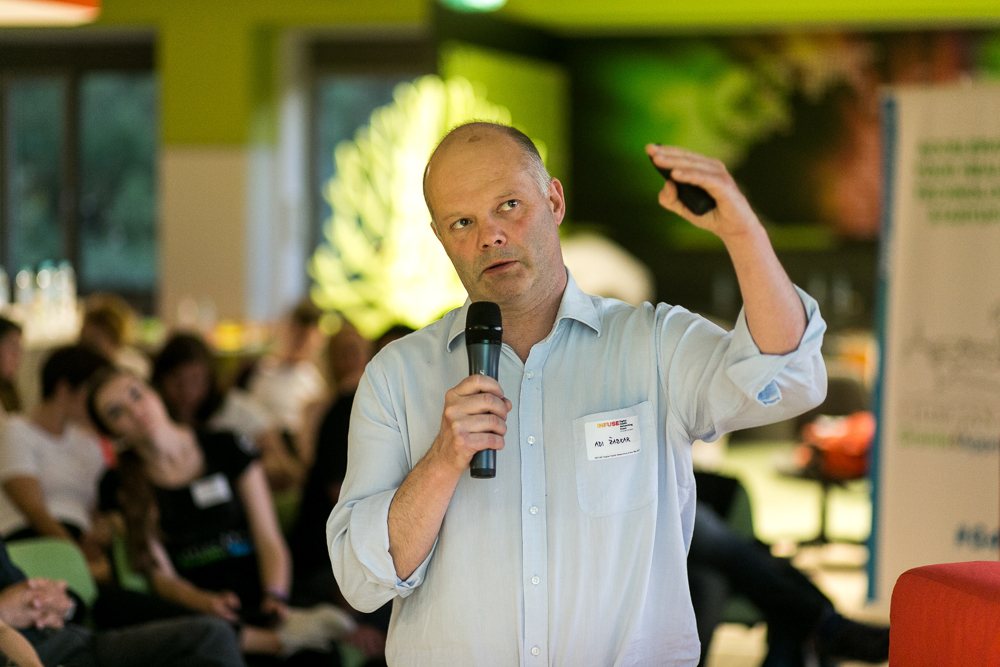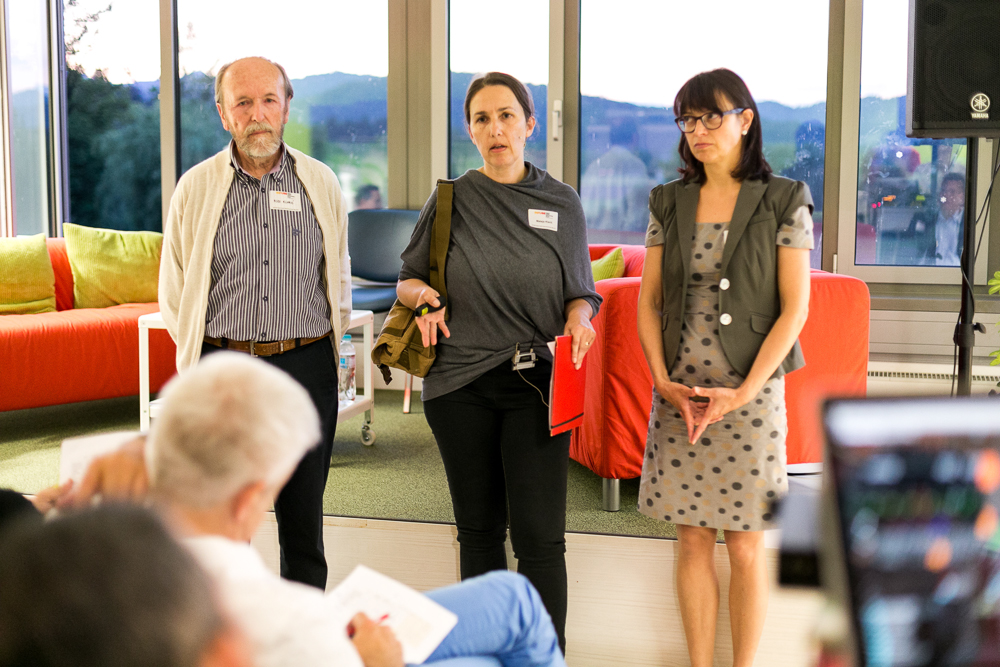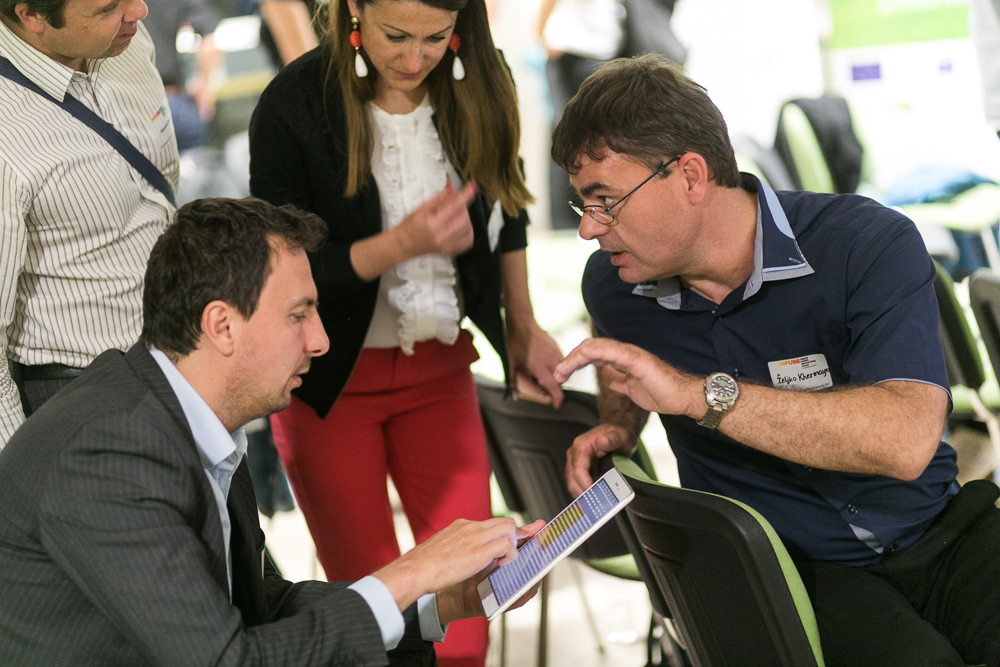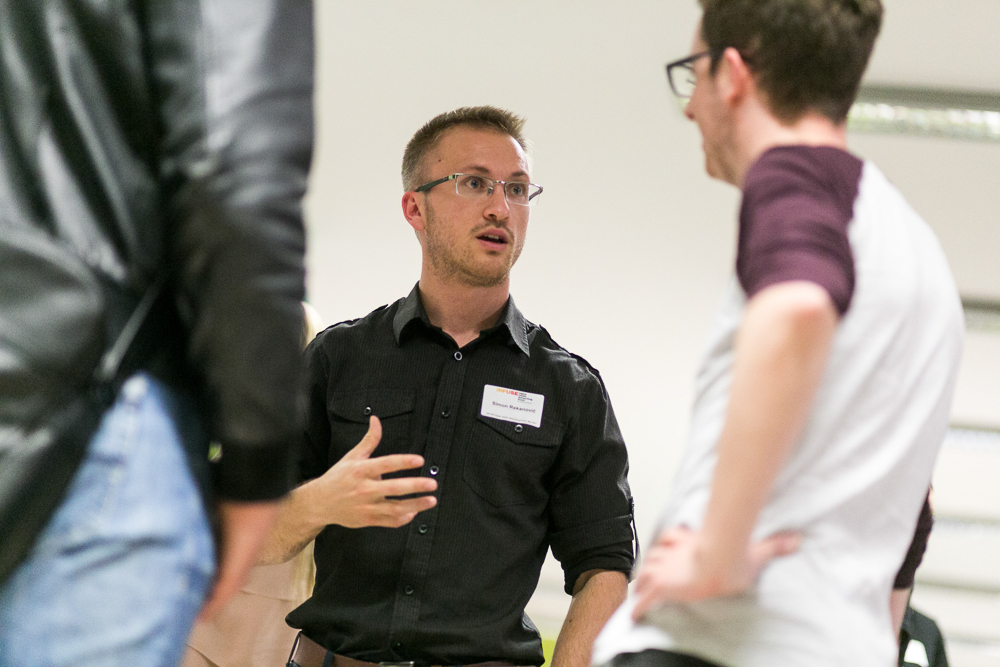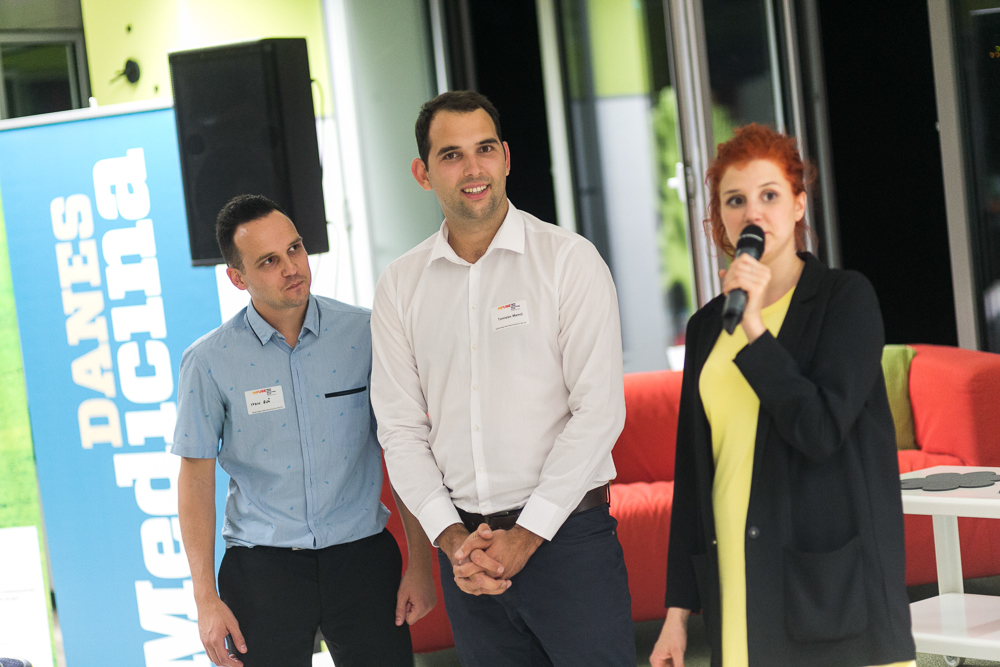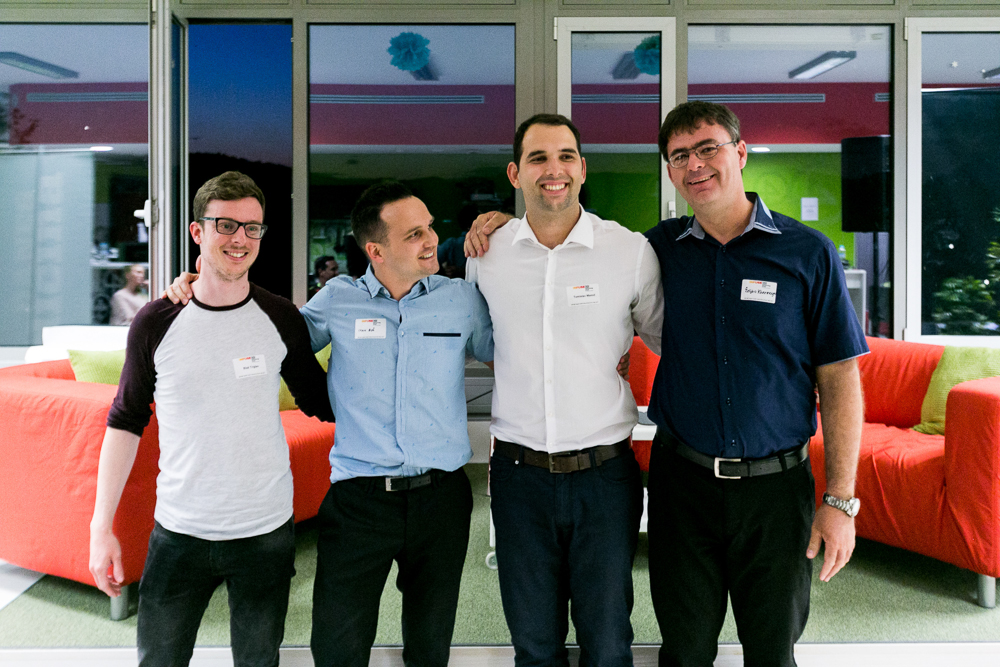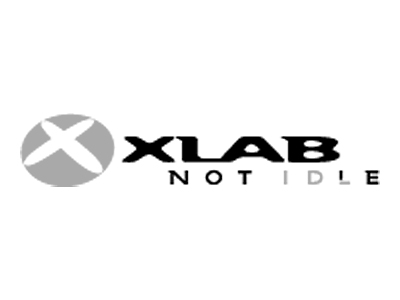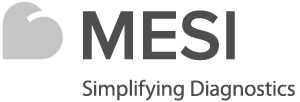INFUSE Digital Health
A Conference. An Opportunity for Digital Health Startups. A Party!
Ljubljana, May 26th 2017
According to some estimates, it takes 17 years for a medical innovation to become part of the standard practice in medicine. Adoption of technologies in healthcare is slow.
However, investments in technology are rising: 8 billion USD were invested in digital health in 2016, according to Startup Health data. What does that even mean? What works, what not? What have we learned in the past years about business models in digital health?
This was the topic of the main panel at INFUSE Digital Health Networking Event titled Rethinking payment models, funding options and patient as the consumer.
"We need a radically new solution for addressing patient adherence and behavioural change," was one of the main conclusions all panelists agreed with.
Dr. Jesus del Valle, Head of Bayer’s Grants4Apps Accelerator, emphasized that having a medical expert in the start-up team from the start is one of the main components that increases the chances of a company surviving more than a couple of years.
Dr. Axel Polack, General Partner at the Joint Polish Investment fund, confirmed that the same way start-ups need medical expertise, it is becoming more and more common for investors - at least in biotech investments - to have scientific expertise in the fields they are investing in.
Dr. Klaus Stöckemann, Managing Partner at Peppermint Venture Partners, warned that a lot of startups completely overlook the multistakeholder aspect in the digital health market. The consumer is not necessarily the payer which can complicate achieving success of a solution on the market.
Dorjan Marušič, Practicing Cardiologist, Former Health Minister of Slovenia, said the key problem when it comes to inclusion of new solutions in public systems, is usually the lack of a national strategy everybody would follow. From his experience, patients are very keen on using digital solutions, and put convenience before cyber security or data protection.
Stanislav Sirakov, Partner at LAUNCHub, pointed out the importance of founders being able to explain their solution in an understandable manner to the investors. “As an investor, I have to understand how an industry works, the opposite will make me nervous. A solution has to be easily communicated to an outsider,” he emphasised.
Alex Farcet, Co-founder of Startupbootcamp - the global network of industry focused startup accelerators, mentioned that 75 % of problems start-ups face are the same, no matter what industry they are in. He also expressed belief that the same way as startups fail, in five years time 80 % of accelerators will not exists anymore. But something else might be invented to accelerate growth of early stage companies.
You can listen to the full panel on rethinking business models in healthcare and digital health on the Medicine Today on Digital Health podcast.
Nine startups pitched at the Last Call for Grants4Apps competition at INFUSE Digital Health Networking Event, taking place in Ljubljana on May 26th 2017. The winning team – a Croatian startup Toothcam – will visit the MEDICA Trade Fair in November 2017. They will present themselves as a guest startup at the FTR4H Lab&Lounge.
INFUSE Event Gallery:
The event is organised by Medicina danes and Tehnološki park Ljubljana, largest innovation ecosystem for commercialisation of knowledge and technology in SE Europe, among three verticals’ highly specialised on field of health and in collaboration with Healthday.si. Medicina danes is a medical journal for doctors and pharmacists. Since January 2017 it is also creating and publishing the podcast Medicine Today on Digital Health.
Sponsors
Organisers
In colaboration with
Partners
Media Partner
HealthDay.si is a Health 2.0 chapter / HealthDay.si je član Health 2.0





